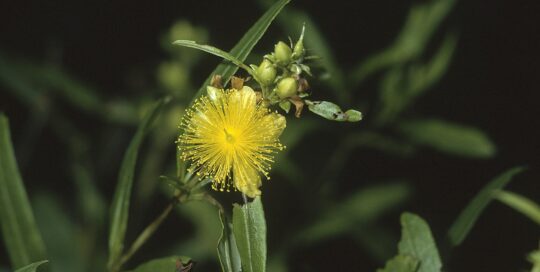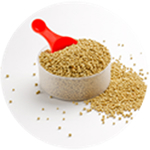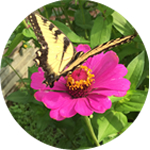Is it a Weed, Noxious Weed, Invasive, or Aggressive?
Views: 1898
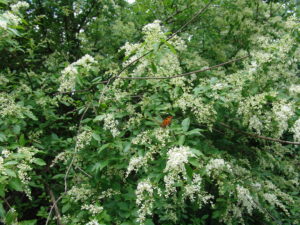
Is that plant a weed, noxious weed, invasive, or aggressive? People sometimes use these terms interchangeably, but two of them have specific definitions.
Weeds
The dictionary definitions of “weed” vary, but generally include some element of a plant growing in competition with cultivated plants. Most definitions also have this in common: a weed is a plant that is growing in an undesired location.
So, don’t expect a straight answer if you ask someone else if a plant is a weed. There is a subjective element to “undesired.” One person may love a particular plant, another may hate it, and if it’s a native, someone like me will probably point out how it is beneficial in some way or another.
In other words, you get to determine what’s a weed to you.
Noxious Weeds
After a long day of digging them out, I consider many weeds to be thoroughly obnoxious. However, “noxious weeds” are designated by a governing authority such as the U.S. Department of Agriculture.
The U.S.’s official definition is: “Any plant or plant product that can directly or indirectly injure or cause damage to crops (including nursery stock or plant products), livestock, poultry, or other interests of agriculture, irrigation, navigation, the natural resources of the United States, the public health, or the environment.” Noxious weeds cause direct harm. According to the USDA, they are non-native.
The U.S. noxious weed list isn’t as long as you might think. Individual states may designate their own, so the list for your area may differ from the federal list.
Seeing wild blackberry, Rubus fruticosus, on the federal list surprised me.
Invasive
Similar to noxious weeds, invasive plants are typically non-native plants that present a threat to the local ecosystem by causing economic or environmental harm, or direct harm to people. The federal invasive terrestrial plant list isn’t as long as I expected, but does include several species that unsuspecting gardeners plant regularly, such as Japanese honeysuckle, Chinese privet, and Japanese barberry. Individual states also have their own invasive species’ lists, so again, there may be invasive species in your area that aren’t on the federal list.
The USDA operates a National Invasive Species Information Center (NISIC), which isn’t limited just to plants. Some of the species listed may surprise you.
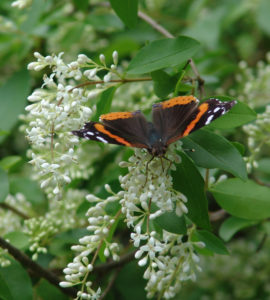
Butterflies and pollinators love Chinese privet, but its ability to to spread so easily makes it invasive.
Aggressive
While there doesn’t seem to be a universal definition for an “aggressive plant,” I like the Chicago Botanic Garden’s definition: “An aggressive plant is one that spreads faster than preferred, or into an area of your garden where it is unwanted. A plant may be aggressive in one area of a garden or neighborhood and well behaved in another.”
So, like weeds, you can decide which plants you consider to be aggressive. For example, I consider Bermuda grass to be the most aggressive weed in my yard. The cattle rancher next door would disagree, because he relies upon it for his livelihood.
To sum it up
You get to decide what is a weed to you. Aggressive plants in one situation may not be aggressive in another. Therefore, we determine aggressive plants subjectively, Although gardeners might agree on many of these plants, you may not find universal agreement on any.
Regulatory authorities, both at the federal and state levels in the U.S., designated noxious weeds and invasive plants, with specific definitions for each.
Meet Leslie Miller
Leslie Ann Miller shares 3.5 acres in rural Oklahoma with birds, butterflies and wide variety of animals. She is currently transforming her yard with plantings…
Leslie's Recent Posts
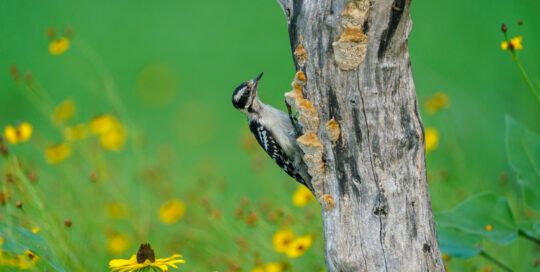
Creating Wildlife Havens with Logs and Wood
